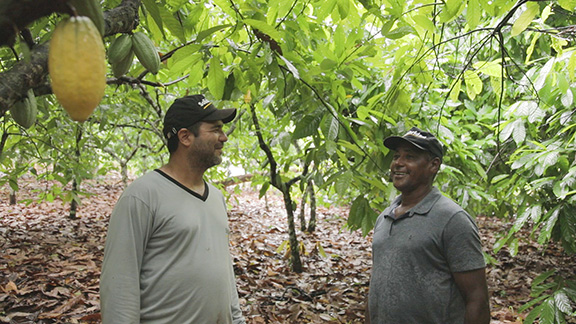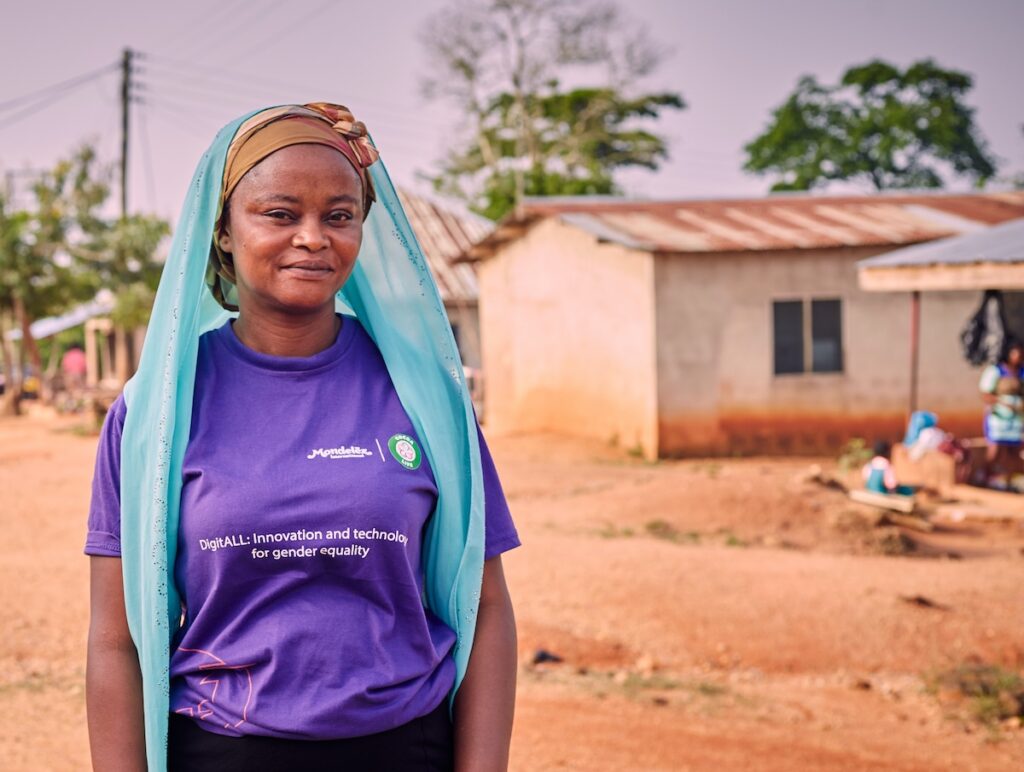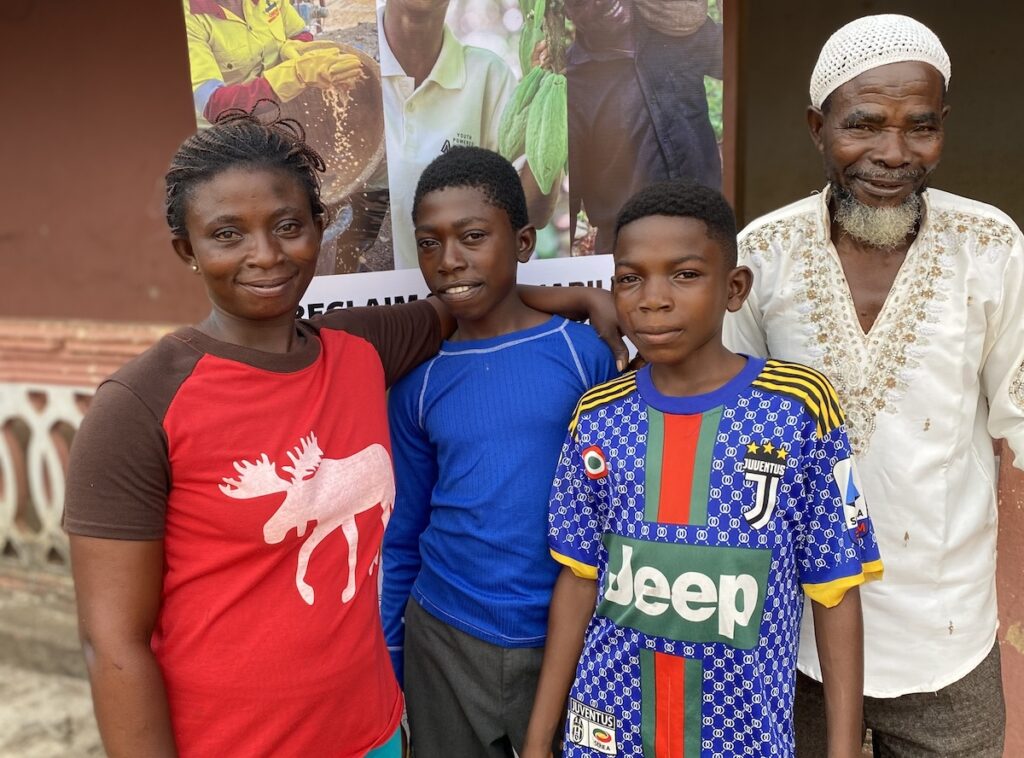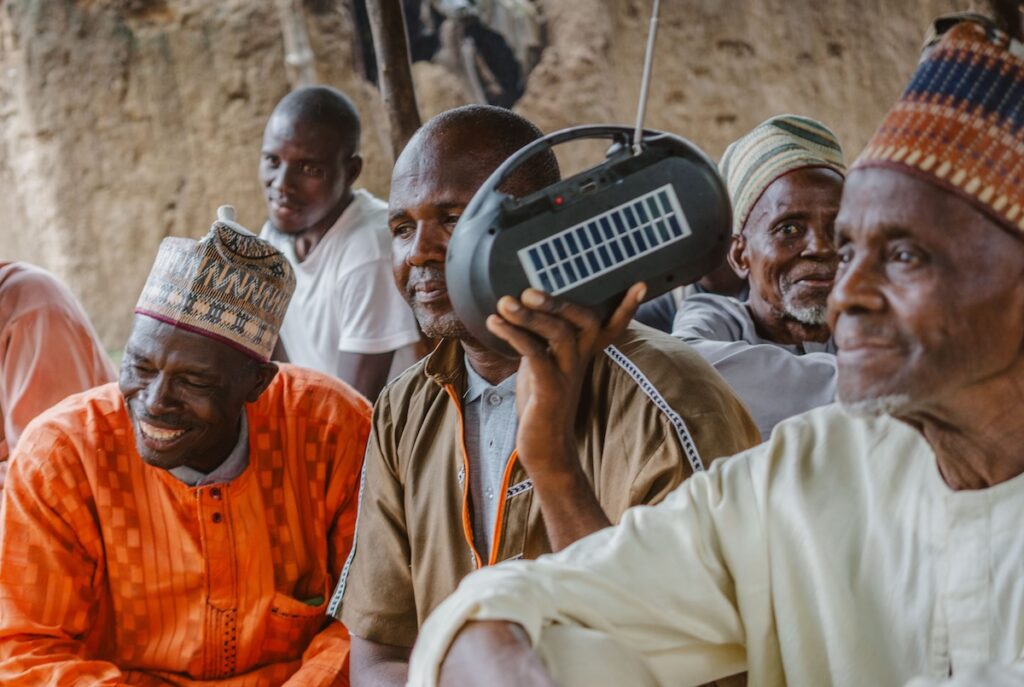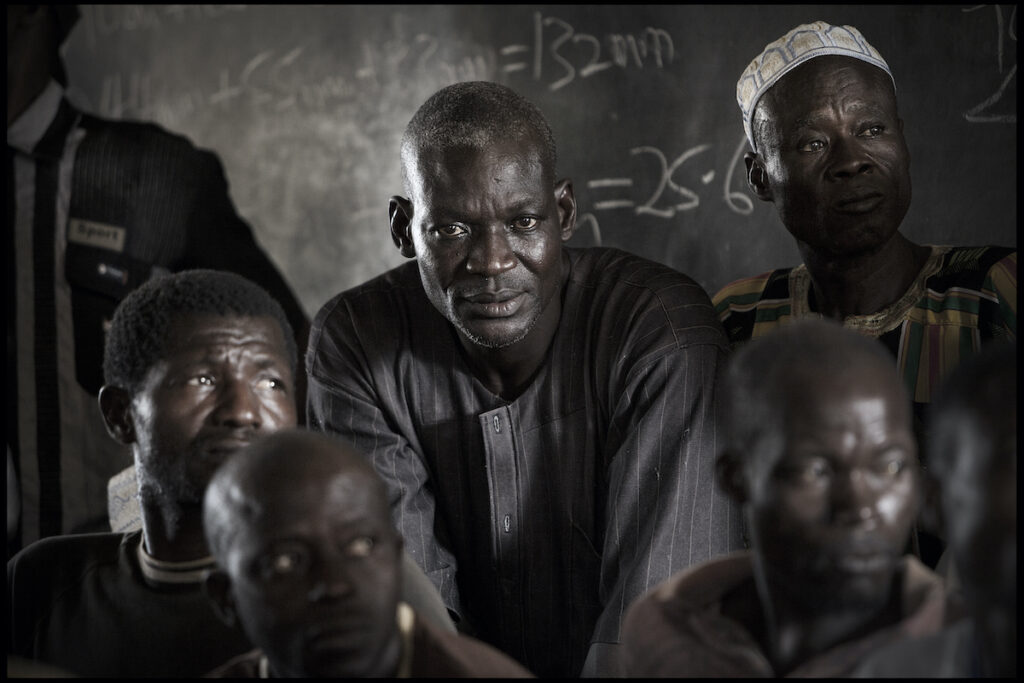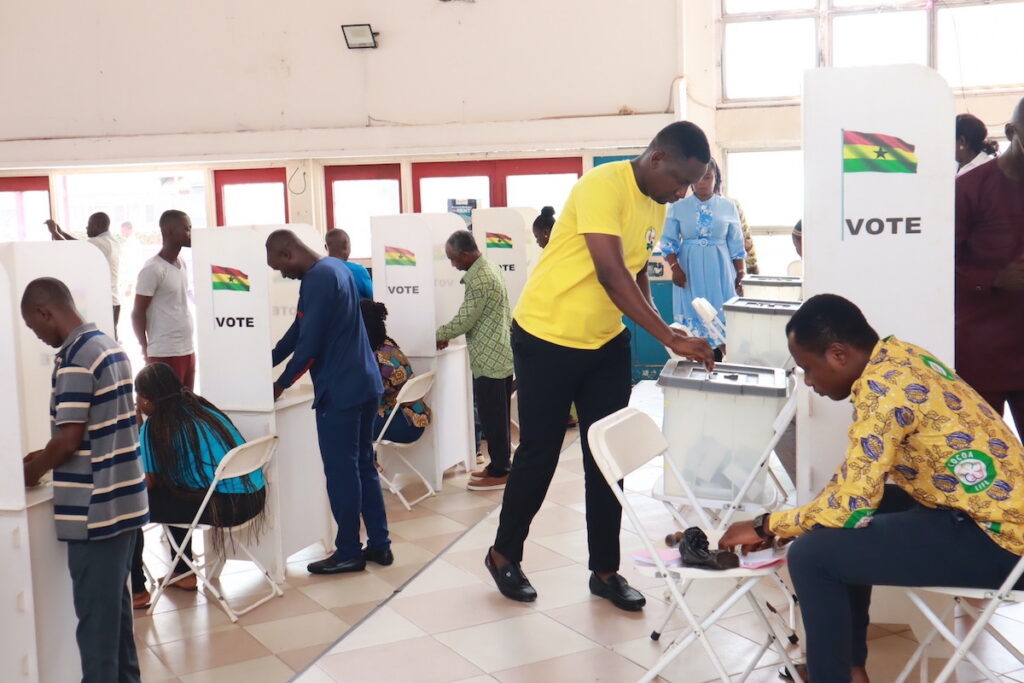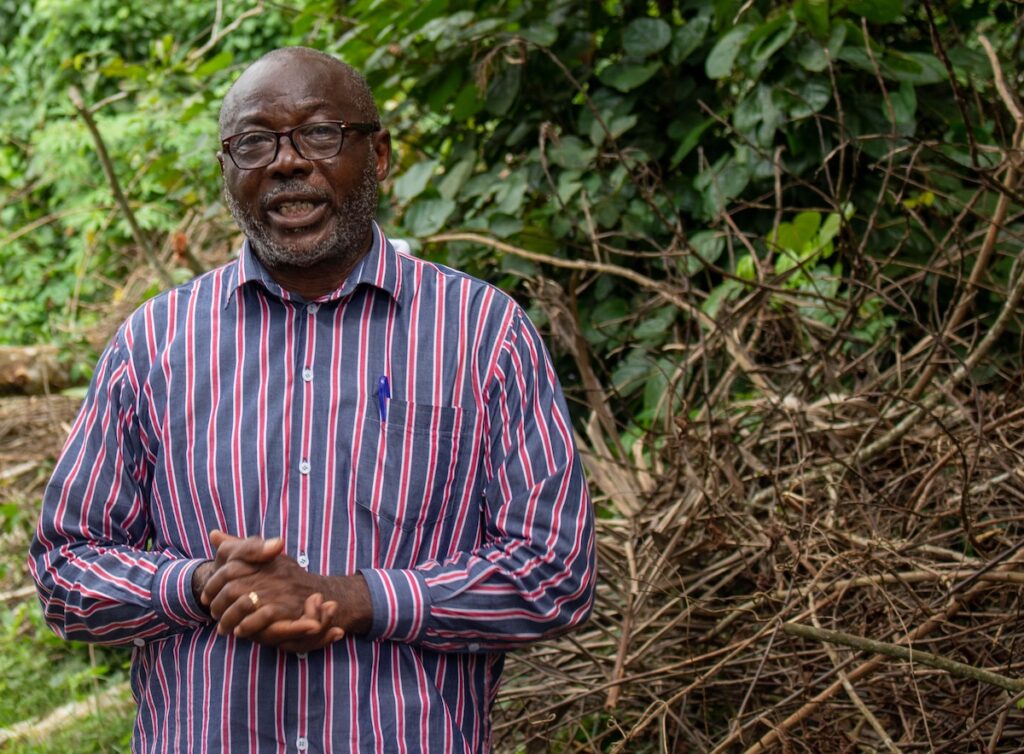Cocoa is a native cash crop that grows in the Brazilian Amazon, a biodiversity hotspot. However, smallholders’ share of deforestation is particularly pronounced in Pará and Novo Repartimento. Solidaridad designed a rural extension model that allows farmers to adopt low-carbon production practices, considering their reality and their economic and environmental trade-offs.
This technical assistance model consists of a set of practices—including agroforestry settings with cocoa as the main cash crop—that improved productivity and income, as well as the carbon balance, while allowing the producer to become more resilient to climate change.
Between 2014 and 2020, farmers achieved a 34 percent reduction in deforestation, increased the carbon capture capacity of farms by 20 percent and improved smallholders’ income position by 56 percent.
The model proved that the gains on income could allow producers to pay for the technical assistance received. Therefore, Solidaridad is now fostering the Cooperativa de Reflorestamento e Bioenergia da Amazônia (Coopercau) to take ownership of the programme by strengthening their technical staff, and supporting the improvement of their organizational setup.
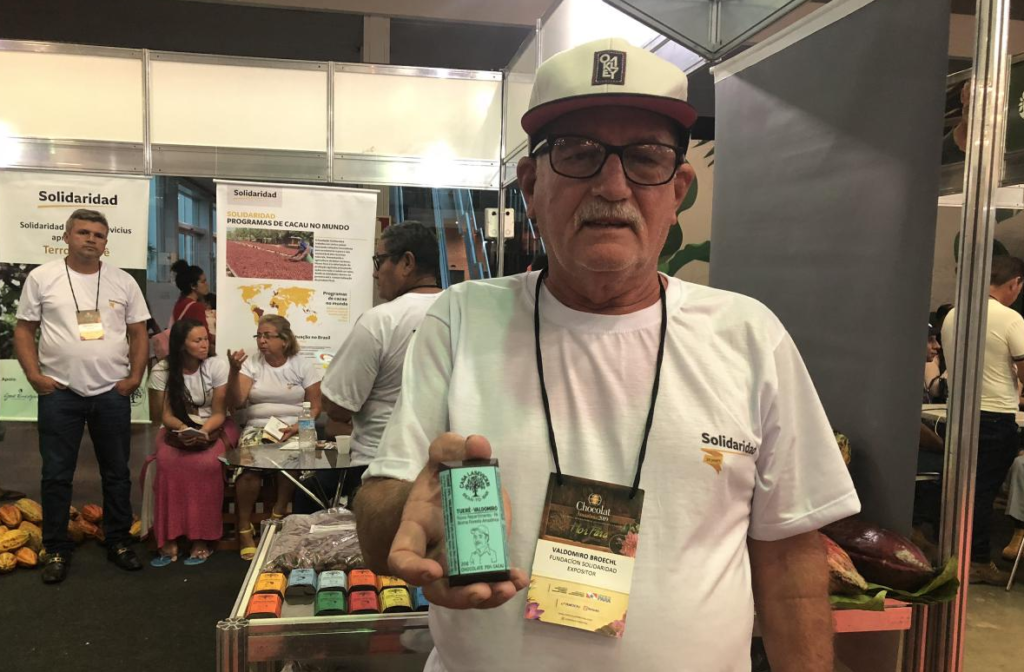
Awards for Amazon cocoa
For the third consecutive year, fine chocolates made with premium cocoa from producers in the Brazilian Amazon were recognized in national and international competitions.
An innovative barter agreement
One of the aspects of this work is securing access to fertilizers, which are not readily available in Novo Repartimento. In 2018, Solidaridad established the first barter agreement between Coopercau and representatives of the cocoa industry for family producers. This type of contracting involves exchanging fertilizers for cocoa beans without financial intermediation. This made it possible for the producers to start managing soil fertility in their production units, an essential practice for maintaining crop productivity and contributing to the balance of GHG emissions.
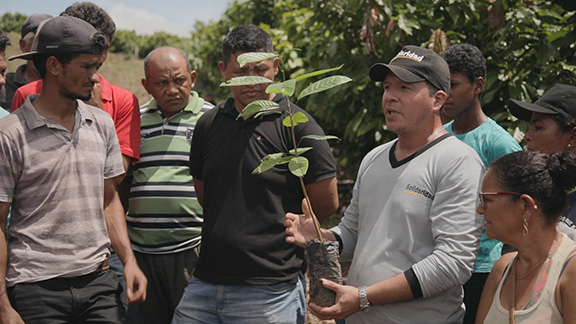
Solidaridad then initiated a study to measure the financial viability of fertilizing crops through barter agreement contracts. Ten experimental plots were installed on different properties to do so. After a year of testing, pilot plots recorded an increase of 45 percent in the average productivity and 65 percent in the average profit of the properties.
Making strides towards zero-deforestation
In the 2019-2020 harvest, Solidaridad and Coopercau achieved something unprecedented in the cocoa chain—a “sustainable bartering” operation, with sustainability criteria defined in a contract with a cocoa buyer. One of the clauses established producers’ commitment not to deforest during activities and to avoid child labor or degraded work on the property.
The next step is to achieve purchases of cocoa grown without ties to deforestation, a standard in trade negotiations, adding value to cocoa beans in the Amazon.

